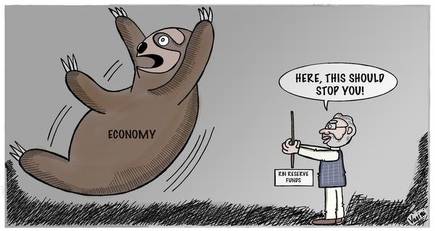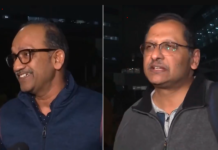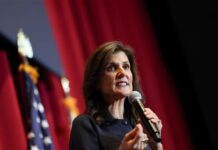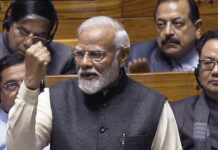
According to a list of 10 global risks in the year ahead, compiled by the Eurasia Group, a leading global political risk management consultancy, India has been placed at 5th in the standings of “Geopolitical Risk” in the year of 2020. In their report they have published that in their new term Modi-led NDA government’s ‘social’ policies has degraded the condition of Indian economy and foreign policy.
“Prime Minister Narendra Modi has spent much of his second term promoting controversial social policies at the expense of an economic agenda. The impacts will be felt in 2020, with intensified communal and sectarian instability, as well as foreign policy and economic setbacks,” expressed the report entitled “Top Risks 2020”, co-authored by Ian Bremmer and Cliff Kupchan of the Eurasia Group, pointing to the widening fiscal deficit, low GST collections, and the latest six-year low in GDP growth of the sub continent country.
This report becomes more concerning as this is the first time in many years that India has been under the radar for social and political developments. The group had referred to India mostly due to its economic potential in the past. In 2016, for example, the Eurasia report on top global risks said that Mr. Modi’s “strong leadership… focused on economic reform and longer-term strategy” would actually reduce geopolitical risks.
The founder and president of Eurasia Group, Mr. Bremmer had earlier praised Mr. Modi after the policies he introduced and work he did since his 2014 term. In June 2019, Mr. Bremmer wrote for Time magazine that Mr. Modi was “India’s best bet for economic reform”.
“It really shifted with the election,” Mr. Bremmer told The Hindu, when asked about the shift in his opinion. “[Mr.] Modi’s need to win while the economy was softening led him to deprioritise reform and turn to Hindu nationalism and the RSS. Both political strands were always there, but the priorities changed, and that led to the change in our view,” he added.












